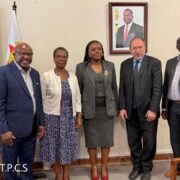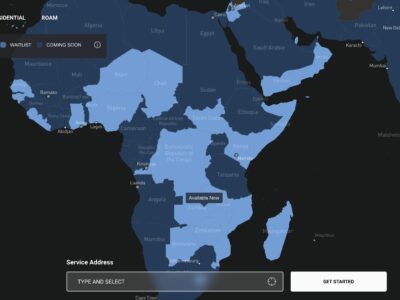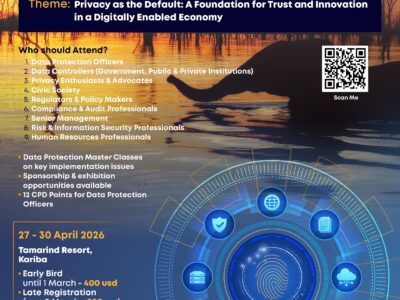The Digital Economy Conference has set a bold agenda with AI as its linchpin. The nation is positioned to accelerate traditional development barriers, fostering a future where technology drives equitable growth.
The Digital Economy Conference of 2025, officially opened by the Minister of ICT, Postal and Courier Services, Hon. Tatenda A. Mavetera, brought together government officials, industry leaders, academia, and technology enthusiasts to chart a path for Zimbabwe’s digital transformation, with Artificial Intelligence (AI) taking center stage as the cornerstone of the nation’s economic future.
By Gamuchirai Mapako
In her keynote address, Minister Mavetera emphasized the transformative power of digital synergy, the collaborative integration of technologies to drive efficiency, innovation, and inclusivity.
“Digital synergy is the collaborative effect that emerges when various digital technologies and platforms work together harmoniously. It is about breaking down silos and fostering an ecosystem where innovation thrives. As we embrace this synergy, we unlock new opportunities for growth, efficiency, and inclusivity,” she said.
Globally, AI is projected to contribute USD$15.7 trillion to the world economy by 2030, and Africa is ready to capture a significant share of this growth. With a young, tech-savvy population and a burgeoning start-up ecosystem, Zimbabwe is uniquely positioned to harness AI for economic transformation.
“Today, we are not merely participants in a digital revolution, we are architects of a connected future,” said the minister.
She highlighted AI as the “engine” of Zimbabwe’s digital economy, citing its potential to revolutionize key sectors such as agriculture, healthcare, finance, and mining.
Hon Mavetera outlined AI’s several transformative potential across Zimbabwe’s key economic pillars including the agricultural sector at (30% of GDP), healthcare and mining.
Despite the optimism, Minister Mavetera acknowledged critical challenges, including limited internet access (45% penetration), skills gaps, and regulatory hurdles. To address these, she proposed establishing an AI Task Force to draft a National AI Policy by 2025, up skilling 10,000 AI specialists by 2030 through initiatives like the Zimbabwe Digital Skills program, which aims to train 1.5 million coders, expanding infrastructure and strengthening ethical governance by aligning Zimbabwe’s Data Protection Act (2021) with global standards like the EU’s AI Act.
Hon Mavetera together with the other speakers at the event like the director general of POTRAZ’s Director General, Dr G K Machengete , Deputy CEO of Econet Wireless, Mr Roy Chimanikire and others, concurred that Zimbabwe’s digital future must be inclusive through expanding rural connectivity and affordability to bridge the urban-rural divide, establishing a Data Protection Authority to safeguard citizens’ information and targeted programs for women, youth, and persons with disabilities, ensuring they benefit from digital opportunities.
Another common point of focus from the conference’s keynote speakers was the incorporation of AI into the agriculture, healthcare and mining sector.














Comments